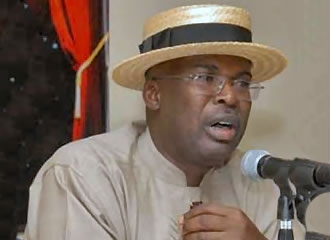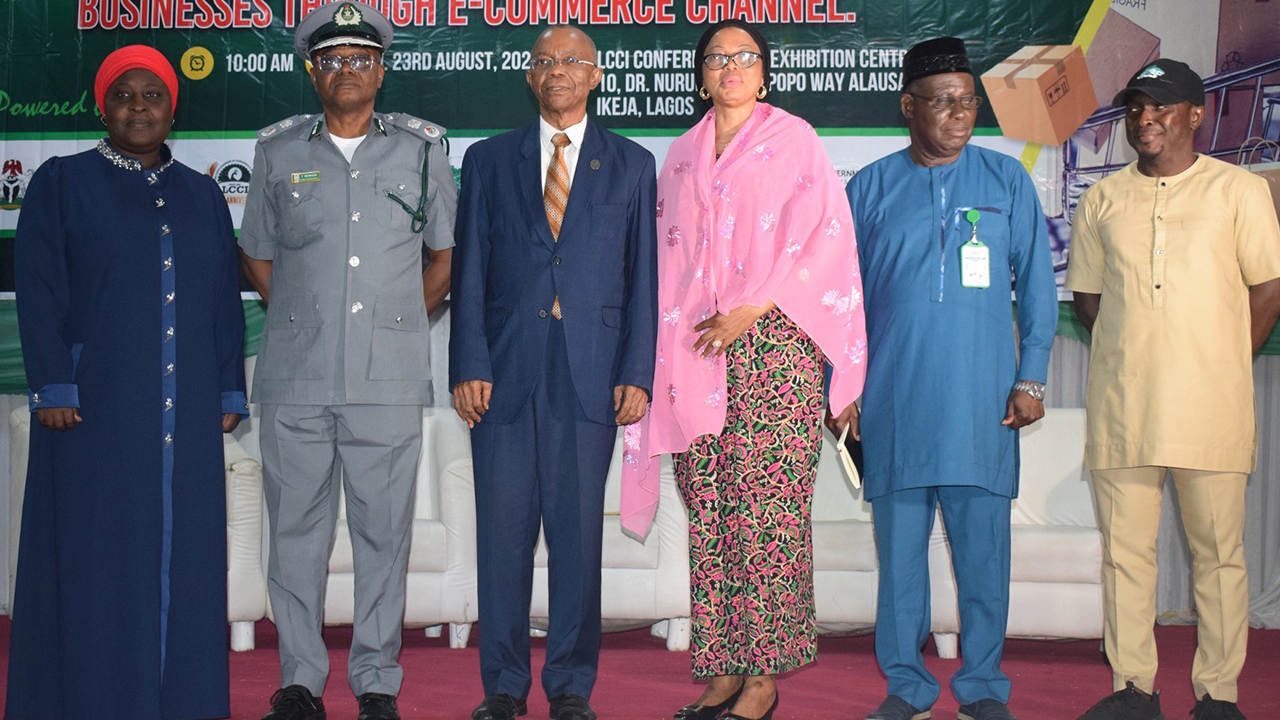Industry stakeholders have urged entrepreneurs and exporters to fully tap into e-commerce to benefit from the Africa Continental Free Trade Area (AfCFTA) $3.4 trillion market.
Speaking at a masterclass workshop and exporters on-boarding in Lagos with the theme, ‘Operationalising the AfCFTA Agreement for Nigerian Businesses through e-Commerce Channel’, President, Lagos Chamber of Commerce and Industry (LCCI), Dr Michael Olawale-Cole, noted that AfCFTA would create the largest free trade area in the world, measured by the number of countries participating.
He stated that while the trade agreement had the potential to lift 30 million people out of extreme poverty, achieving its full potential would depend on significant policy reforms and trade facilitation measures; one of which was e-commerce. He noted that the number of internet users in Africa increased to 601.94 million in 2022 from 590.3 million in 2021, resulting in a 43.2 percent internet penetration rate.
He, however, said that compared to other regions in the world, internet penetration in Africa was the lowest, lamenting that Africa accounted for the lowest contribution to global e-commerce sales. He went on to say that while this appears bleak, they are growth opportunities.
Chief Executive Officer, of Traders of Africa (TOFA), Uju Uzo-Ojinnaka, described TOFA as the Alibaba of Africa and said they intend to move traders and manufacturers online, many of whom she said still operate offline. Urging attendees to adopt a mindset of collaboration, she noted that rampant dishonesty from sellers is what causes the rejection of goods overseas.
She urged traders and manufacturers to market aggressively at all times and adopt honesty and transparency in order to build trust. She added that AfCFTA is a market of 1.3 billion people and Nigerian manufacturers and traders must be front and center of the market.
Executive Secretary, National Action Committee, AfCFTA (NAC-AfCFTA), Olusegun Awolowo, noted that while trading officially began on Jan. 1, 2021, substantial trade has still not taken place because some critical structures and trading instruments need to be in place.
Awolowo, represented by the coordinator, Policies Regulations and Laws Workstream, AfCFTA, Dr Fatima Bello, said an innovative interim approach, the Guided Trade Initiative (GTI) was developed to stimulate and encourage trading.
Speaking on the five stages of economic integration including free trade, customs union, commodity market, economic and political union; she said the GTI incorporates these and marked a turning point for trading under AfCFTA. The GTI, she added, is being prepared for phase two with Nigeria actively preparing to launch in October.
At the panel discussion titled, Nigeria’s preparedness for Intra Africa export trade, representative from the Nigeria Customs Service (NCS), Timi Bomodi, said there are strict rules guiding intra African trade and to ensure success, exporters must ensure strict compliance always. He added that many exporters are not aware of the different rules and categorisations and urged them to educate themselves to prevent rejection or loss.
The National Agency for Food and Drug Administrative Control (NAFDAC) representative, Haleemat Kadiri, said the agency is striving to improve transparency and reduce non-tariff barriers. She added that as potential exporters to international markets, a lot must be done regarding standards and quality, therefore, the different measures put in place to help exporters meet up with standards and good quality.
Chairman Export group, Sada Ladan-Baki, said though trade levels in Africa were slow, it is emerging with a lot of it presenting as informal. He charged the government to ensure that the right message was sent to exporters to enable and facilitate trade under the AfCFTA.
Taking manufacturers and exporters on the how and benefits of digital marketing, principal trade promotion officer, Nigerian Export Promotion Council, Lagos, (NEPC), Ekle Emmanuel, urged them to tap into the many benefits the Internet has to offer and take calculated risks while transacting online.
Standards Organisation of Nigeria (SON) representative, Felix Nyado, stressed that dishonest labeling, packaging, and general poor quality is affecting exports of goods. Adding that the body has tried to develop a uniform standard on e-commerce for all exporters, he advised potential exporters to reach out to them to get standards of any country in the world they intend to export to.
“We have an N60 billion laboratory in Ogba that can test and certify any product for export,” he said.
READ ALSO: Ratify AfCFTA Agreement For Economic Integration, NACCIMA Urges FG











